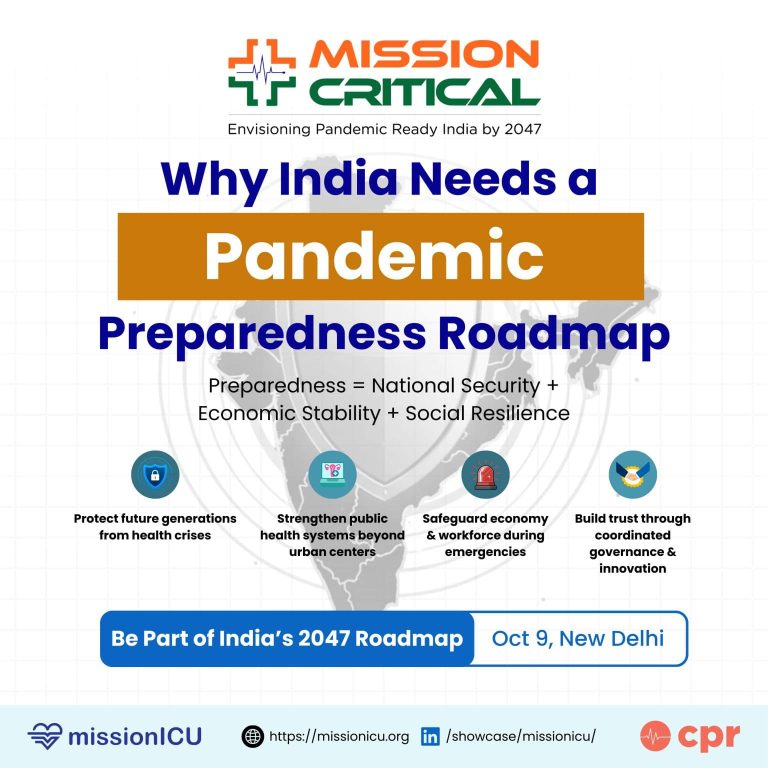– In conversation with Bernadette Ojao, Founder of Wabibi Pads
Young girls living in refugee camps, often denied basic necessities are forced to stay at home during their periods due to severe cramps and vomiting, forced to miss their schooling and a happy childhood.
Growing up in the slums of Uganda with no access to sanitary products motivated Bernadette to strive towards menstrual hygiene awareness, especially among adolescent girls. She has successfully managed to educate over 2000 women on sustainable menstrual hygiene practices and has educated them on the practice of using cloth pads. Since 2020, she has began the outreach movement to reach out to as many menstruators as possible, to guide them towards sustainable menstrual health.
Her own experiences growing up in a household where menstrual hygiene products were not considered a necessity and girls had to resort to alternate unhygienic methods which ultimately had detrimental impact on a women’s body. Lack of awareness has been the biggest reason that needs to be addressed in women, who have never being told to consider their health important says Bernadette. All the menstruators need to be educated before menarche, to make decisions which impact their health and to be able to choose. Despite constant upheaval around the world about sustainability, we have made very little progress in establishing sustainability of menstrual hygiene practices. Non reusable sanitary pads and tampons are widely used as very few people are aware of menstrual cups and cloth pads. Even the ones who do know about the alternate options, are shy to try it due to the constant stigma surrounding menstrual health. This combined with the misinformation spread around the world, makes it an extremely difficult task for activists like Bernadette to reach out to the young minds to bring across a positive change.
Our world in slowly dying, due to the tonnes of garbage generated due to our needs and greed along terrible management has led to a pandemic which has serious implications on the health of the community. Sustainable menstrual hygiene includes the use of products which have the least impact on the environment along with providing a comfortable alternative during menstruation. We are definitely making progress in increasing awareness among women and adolescent girls in rural areas, but starting the conversation on practicing sustainability is also of utmost importance. Increasing our community’s participation in the process of decision making along with educating the policy makers about the sustainable practices will go a long way in improving our environment.

SHARANYA SREEPAD
Sharanya
Sharanya is a Dentist from Bangalore, who is passionate about volunteering with NGOs and has so far worked with over 20 organizations in various positions as a content writer, HR executive, Research and policy assistant, Editor, Developmental journalist, Media content research assistant and many more. She believes that it is our duty to do good and be good and wants to work to make this world a kinder place.

